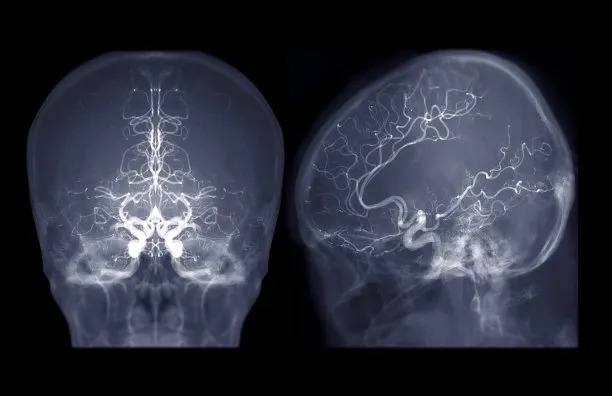Innovative Approach to Cross-Border Cardiovascular Disease Treatment
original:health91192025-02-19 11:52:32
Summary: Innovative Approach to Cross-Border Cardiovascular Disease Treatment explores cutting-edge methods that are revolutionizing the way cardiovascular diseases are treated across borders. This
Summary: Innovative Approach to Cross-Border Cardiovascular Disease Treatment explores cutting-edge methods that are revolutionizing the way cardiovascular diseases are treated across borders. This article delves into innovative technologies, collaborative healthcare approaches, patient-centered care models, and global medical partnerships that are shaping the future of cardiovascular disease treatment.
1. Technological Advancements

Advancements in medical technology, such as telemedicine and wearable devices, have enabled remote monitoring and real-time data collection for patients with cardiovascular diseases. This allows for early detection of potential issues and personalized treatment plans tailored to individual needs.
New surgical techniques, such as minimally invasive procedures and robotics-assisted surgeries, are reducing recovery times and improving outcomes for patients undergoing cardiovascular interventions.
Integration of artificial intelligence and machine learning algorithms into diagnostic tools is enhancing the accuracy and efficiency of disease detection and treatment planning.
2. Collaborative Healthcare Models
Cross-border collaboration among healthcare providers, researchers, and policymakers is fostering knowledge exchange and best practice sharing in cardiovascular disease management. This multidisciplinary approach ensures that patients receive comprehensive care and access to the latest treatment options.
Team-based care models, where specialists from different disciplines work together to develop personalized treatment plans, are improving patient outcomes and enhancing the overall quality of cardiovascular healthcare services.
Patient engagement strategies, including shared decision-making and health education programs, are empowering individuals to actively participate in their treatment journey and adopt healthier lifestyle choices.
3. Patient-Centered Care Approach
The shift towards patient-centered care puts individuals at the forefront of their healthcare experience, emphasizing their preferences, values, and unique needs in treatment decision-making. This approach ensures that patients are actively involved in creating care plans that align with their goals and priorities.
Emphasis on holistic care, including psychological support, nutritional guidance, and lifestyle modifications, addresses the multifaceted aspects of cardiovascular health and promotes long-term well-being among patients.
Incorporation of patient feedback mechanisms and outcome measures enables continuous quality improvement in cardiovascular care delivery, ensuring that services are responsive to patients evolving needs and expectations.
4. Global Medical Partnerships
Establishing strategic partnerships between healthcare institutions, industry stakeholders, and government agencies on a global scale facilitates knowledge exchange, resource-sharing, and capacity-building in cardiovascular disease treatment and prevention.
Collaborative research initiatives and clinical trials conducted across borders contribute to the development of innovative therapies, diagnostic tools, and treatment protocols, driving advancements in cardiovascular healthcare worldwide.
International medical missions and training programs enable healthcare professionals to exchange expertise, build skills, and enhance cultural competence, ultimately fostering a more interconnected and well-equipped global healthcare workforce.

Summary:
Innovative Approach to Cross-Border Cardiovascular Disease Treatment highlights the transformative impact of technological advancements, collaborative healthcare models, patient-centered care approaches, and global medical partnerships in reshaping the landscape of cardiovascular disease treatment. Embracing these innovative strategies paves the way for more effective, personalized, and accessible care for patients worldwide.
This article is published by HEALTH9119 Medical Health Network arrangement